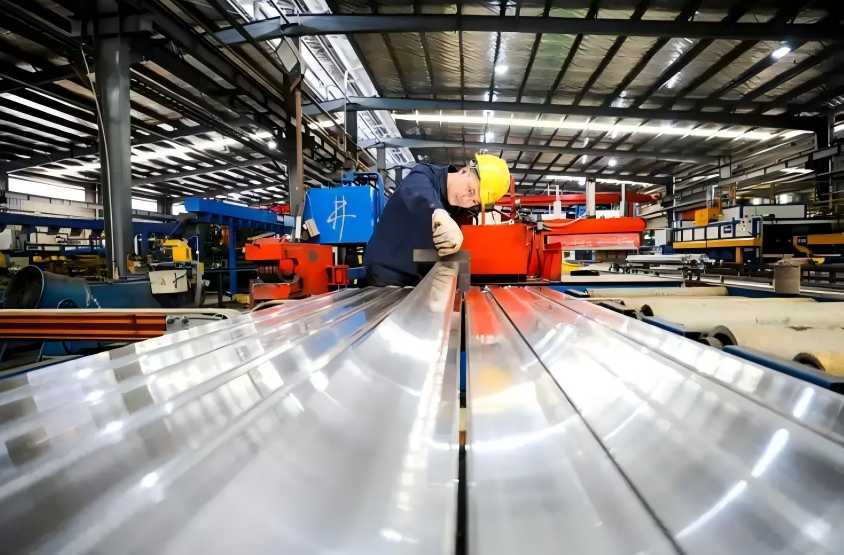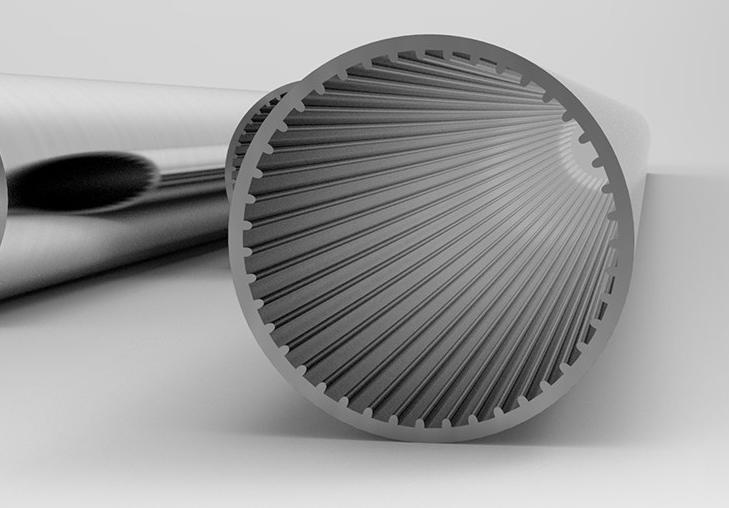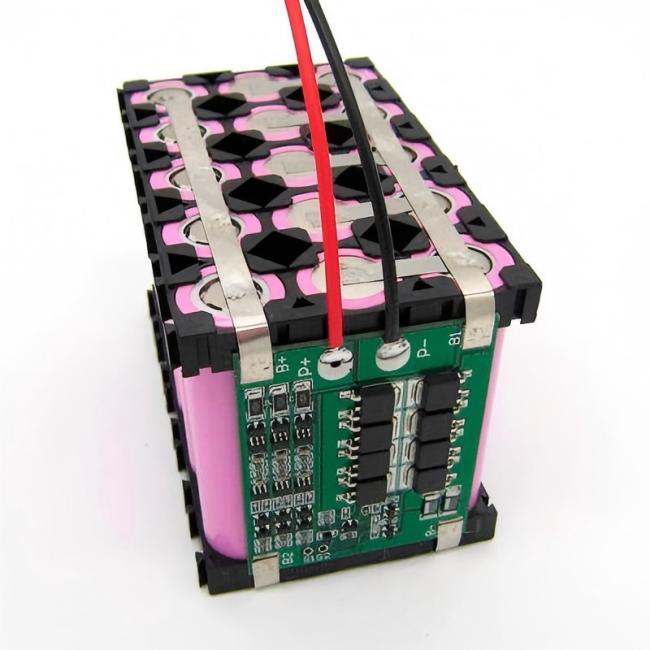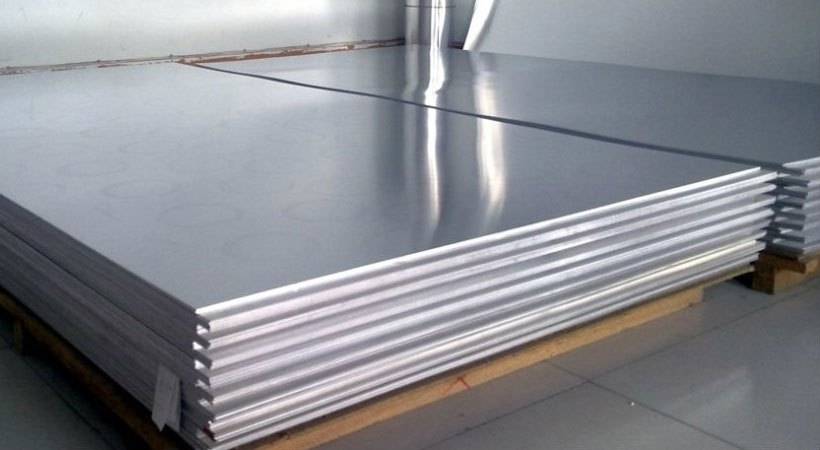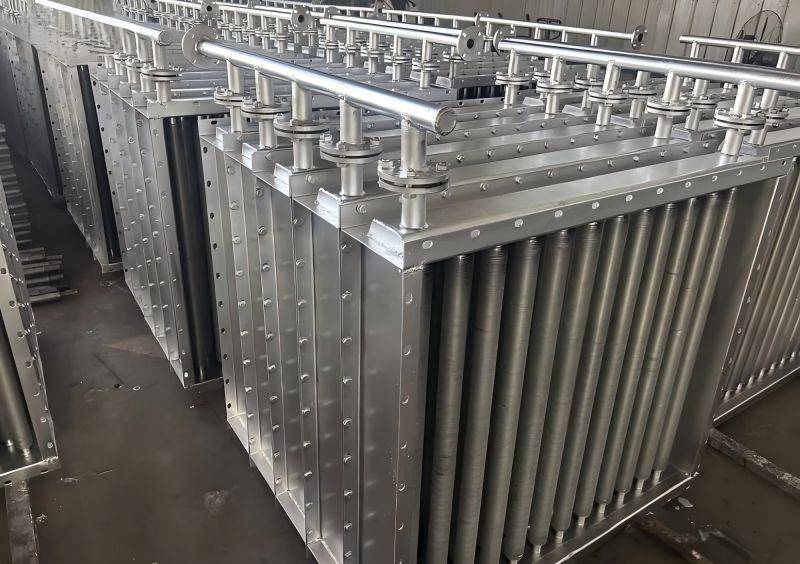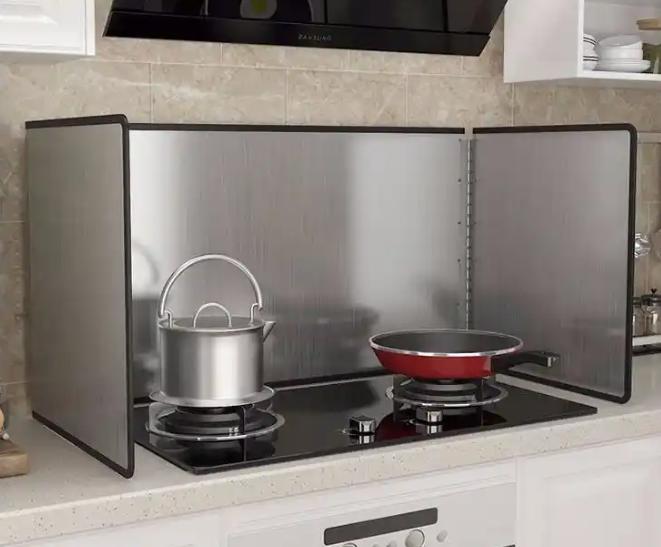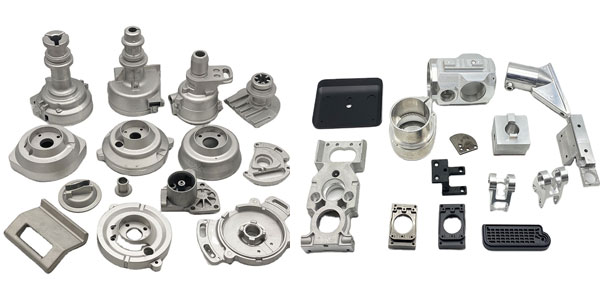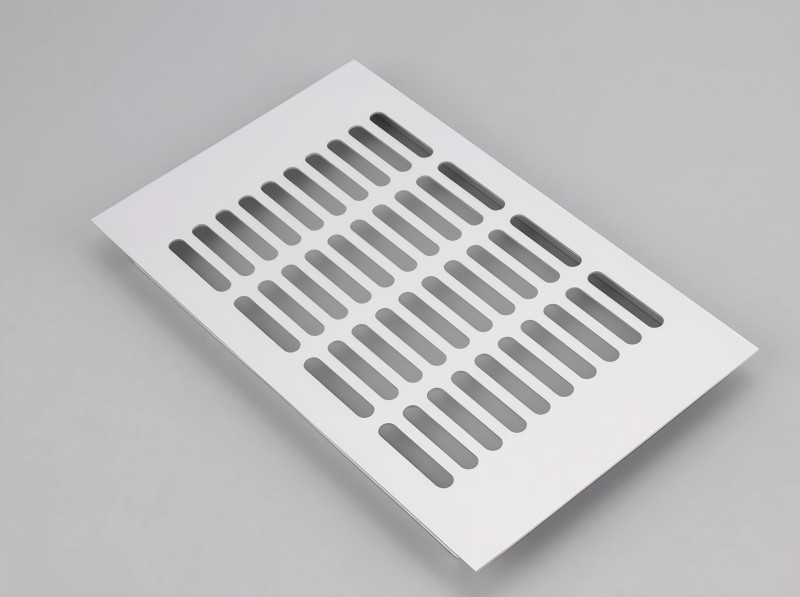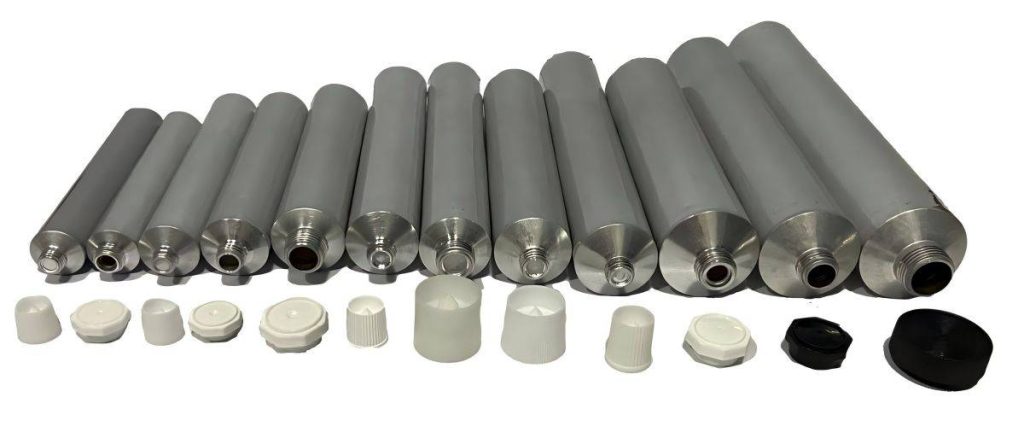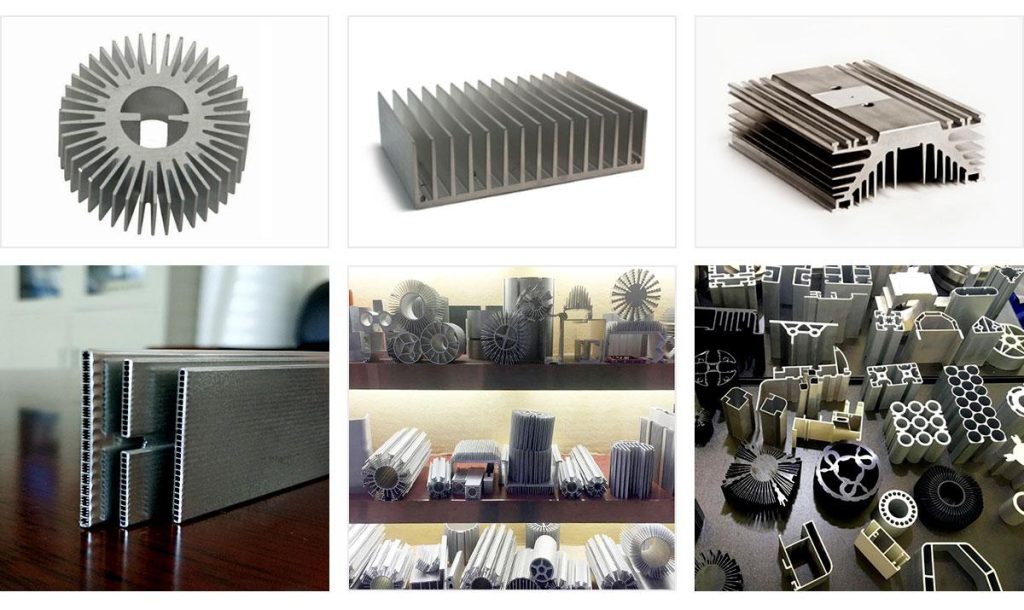Aluminium Section Size: A Guide to Measurement and Choose
Aluminum profiles are widely used in modern industry, construction and daily life. From the frame structure of buildings to the shell of industrial equipment, to the production of furniture, aluminum profiles…
Benefits and Types of Aluminium Roofing Sheets and How to Choose
Aluminium, a lightweight yet incredibly strong metal, has proven to be an excellent material for roofing applications. Its resistance to corrosion, rust, and decay makes it highly durable, while its…
Copper or Aluminum? Choosing the Right Inner-Grooved Tube for Your Application
The selection of inner-grooved tubes is a critical decision in numerous industrial and everyday applications. Whether in refrigeration, heating systems, or heat dissipation for chemical and electronic equipment, the performance of…
Aluminum Strips in Automotive, Construction, and Electronics
Aluminium strips are indispensable in modern industry, offering versatility, strength, and efficiency in various applications. Their unique properties—lightweight, corrosion resistance, and excellent thermal and electrical conductivity—make them a preferred choice in…
Material States of 6061 Aluminum Sheet and Their Applications
6061 aluminum sheet, a versatile and widely used material in industries ranging from aerospace to construction, offers a unique blend of strength, corrosion resistance, and machinability. However, the performance of…
Factors Affecting Heat Transfer Efficiency in Aluminium Finned Tube Heat Exchangers
Aluminium finned tube heat exchangers are widely used in industries such as HVAC, refrigeration, and power generation due to their excellent heat transfer properties and lightweight design. However, their efficiency can…
Top 10 Uses for Brushed Aluminum Sheets in Home and Industrys
Brushed aluminum sheet is aluminum sheet with a textured finish created by mechanical abrasion. This process results in a linear or patterned surface that enhances the metal’s aesthetic appeal. This kind of…
Understanding Cast Aluminum Properties and Applications
Cast aluminum has become an indispensable material in modern manufacturing, finding applications across a wide spectrum of industries. Its unique blend of properties, including lightweight, high strength, and excellent corrosion resistance,…
How to Install Aluminium Mesh Sheet in Different Applications?
Aluminium mesh sheets are versatile materials with numerous applications, from security and ventilation to architectural design and soundproofing. Proper installation is crucial to ensure the effectiveness and longevity of the mesh…
Aluminum Cosmetic Tubes: A Sustainable Packaging Solution
Cosmetic tubes have become an indispensable part of the beauty industry, offering convenient and hygienic packaging for a wide range of products. Among the various materials used for tube manufacturing,…
How Aluminum Beams Are Redefining Structural Engineering?
For centuries, the construction industry has relied heavily on traditional materials like steel and concrete. While these materials have proven their worth in countless projects, they also present certain limitations…
Exploring Aluminium Extrusion Profiles in Morden Fabrication
Aluminium extrusion profiles have become ubiquitous in modern construction, manufacturing, and everyday life. Their versatility, lightweight nature, and excellent mechanical properties make them a preferred choice for a wide range of…

